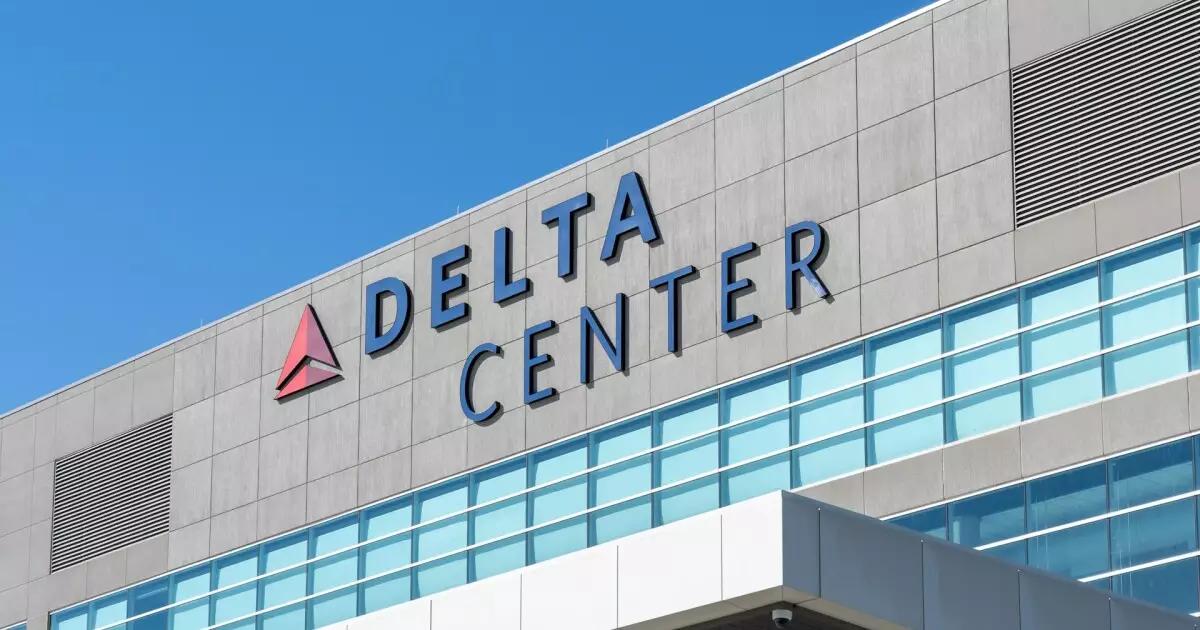On a momentous night, Salt Lake City’s council has endorsed a groundbreaking agreement poised to facilitate the issuance of bonds amounting to $900 million, a strategic move intended to breathe new life into the city’s primary sports arena while simultaneously nurturing a vibrant downtown district. This ambitious plan, passed unanimously by the city council late Tuesday, signifies a pivotal moment for Salt Lake City’s economic and cultural landscape.
To effectively fund the bond issuance, the council voted in favor of a 0.5% increase to the current 7.75% sales tax, extending the tax’s life for an impressive 30 years. With this adjustment, anticipated to come into effect on January 1, the sales tax enhancement is projected to generate an impressive $1.2 billion over three decades. Notably, this hike will exempt essential needs such as groceries and vehicles, thereby minimizing the economic burden on residents while still securing necessary funding for the community.
The recent bond initiative was made feasible by a 2024 Utah law that permits local government debt financing, along with the accompanying sales tax increase. This law established a Revitalization Zone Committee, which is tasked with oversight and approval of developmental frameworks. The committee’s endorsement of the agreement on September 17 underscored a collective vision for revitalizing both the Delta Center and the broader downtown area, highlighting the collaboration between local government and private enterprises.
Under the terms of the participation agreement, the bond proceeds are designated for specific allocations: $525 million earmarked for renovations to the Delta Center—home to the Utah Jazz—and $375 million directed towards creating a sports, entertainment, culture, and convention district. This dual-purpose funding aims to foster a holistic environment that enhances both recreational opportunities and cultural engagement within downtown Salt Lake City.
Before the council reached its decision, public commentary revealed a spectrum of opinions, with some residents expressing apprehension regarding the scale of the investment and its long-term implications. A former Salt Lake City mayor has even indicated intentions to challenge the agreement through a voter referendum, a gesture reflecting the importance of public opinion in municipal governance. Council Chair Victoria Petro emphasized the necessity for vigilance, highlighting the need for transparent oversight and community involvement as the city traverses this impactful project.
Moving forward, this agreement marks what city attorney Katie Lewis refers to as “the beginning step in a 30-year relationship.” The vision encompasses not only the physical enhancement of the Delta Center but also a commitment from the two significant sports teams to remain anchored in downtown Salt Lake City. As the community anticipates the positive revitalization efforts this bond could catalyze, city leaders remain firm in their belief that thoughtful planning and innovative financing can spur economic development while reinforcing the cultural fabric of the city. With ambitious plans on the horizon, Salt Lake City stands at the precipice of transformation, with potential benefits that extend far beyond its borders.

